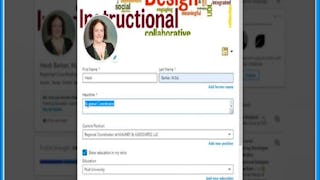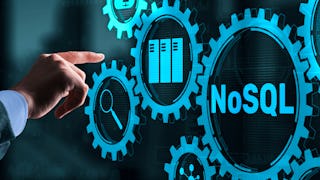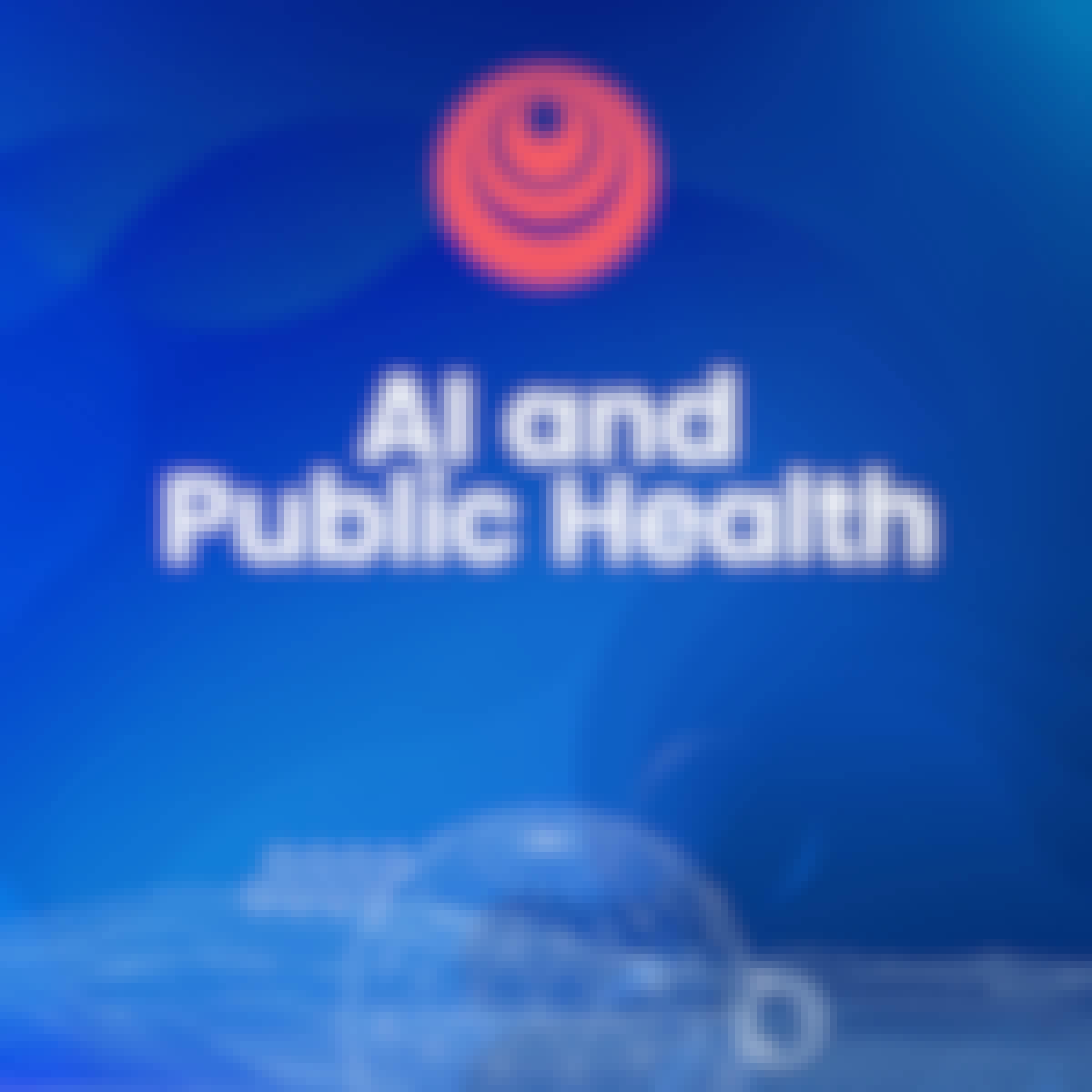Filter by
SubjectRequired
LanguageRequired
The language used throughout the course, in both instruction and assessments.
Learning ProductRequired
LevelRequired
DurationRequired
SkillsRequired
SubtitlesRequired
EducatorRequired
Results for "excel basics"
 Status: Free Trial
Status: Free TrialUniversity of Alberta
Skills you'll gain: Service Oriented Architecture, API Design, Web Services, Simple Object Access Protocol (SOAP), Microservices, Restful API, Software Architecture, Application Programming Interface (API), Web Applications, JSON, Android Development
 Status: Free
Status: FreeCoursera Project Network
Skills you'll gain: LinkedIn, Professional Networking, Professional Development, General Networking, Professionalism
 Status: Free Trial
Status: Free TrialSkills you'll gain: NoSQL, MongoDB, Databases, Apache Cassandra, Distributed Computing, Database Management, Database Architecture and Administration, IBM Cloud, Query Languages, Data Modeling, JSON, Scalability, Data Manipulation
 Status: Free Trial
Status: Free TrialUniversity of Michigan
Skills you'll gain: C (Programming Language), C++ (Programming Language), Object Oriented Programming (OOP), Data Structures, Programming Principles, Algorithms, Computer Programming, Software Design, Application Security, Other Programming Languages, Python Programming, System Programming, Java, Performance Tuning, Numerical Analysis, Unix, Computer Science, Debugging

Coursera Instructor Network
Skills you'll gain: Cold Calling, Selling Techniques, Closing (Sales), Overcoming Objections, Sales Presentation, Sales, Sales Process, Sales Prospecting, Lead Generation, Customer Relationship Building, Active Listening, Communication Strategies, Customer Engagement

University of Manchester
Skills you'll gain: Corporate Sustainability, Business Ethics, Environmental Social And Corporate Governance (ESG), Intercultural Competence, Ethical Standards And Conduct, Team Management, Team Oriented, Decision Making, Cultural Diversity, Systems Thinking, Organizational Change, Governance, Stakeholder Management
 Status: Free Trial
Status: Free TrialUniversity of Minnesota
Skills you'll gain: Taxonomy, AI Personalization, Spreadsheet Software, Machine Learning, Predictive Analytics, Statistical Methods, Persona Development, Descriptive Statistics, Data Collection, Algorithms, Java Programming
 Status: Free Trial
Status: Free TrialKodeKloud
Skills you'll gain: Jenkins, Terraform, Infrastructure as Code (IaC), Linux Administration, Kubernetes, Docker (Software), CI/CD, Version Control, Ansible, Continuous Integration, Microservices, Git (Version Control System), Devops Tools, GitHub, General Networking, Containerization, Systems Administration, IT Automation, Python Programming, Programming Principles
 Status: Free Trial
Status: Free TrialTechnical University of Munich (TUM)
Skills you'll gain: Cost Accounting, Management Accounting, Income Statement, Operating Cost, Cost Management, Inventory Accounting, Profit and Loss (P&L) Management, Gross Profit, Strategic Decision-Making, Accounting, Product Planning, Resource Allocation, Product Assortment, Depreciation, Financial Accounting, Production Process, Financial Statements, Price Negotiation, Capacity Management, Decision Making
 Status: Free Trial
Status: Free TrialSkills you'll gain: Django (Web Framework), Object-Relational Mapping, SQL, Bootstrap (Front-End Framework), Relational Databases, Database Management, Database Design, Full-Stack Web Development, Databases, Cloud Applications, Web Applications, Application Deployment, Authentications, Model View Controller, UI Components, Application Development, Authorization (Computing), Responsive Web Design, Content Management
 Status: Free Trial
Status: Free TrialBoard Infinity
Skills you'll gain: Model View Controller, ASP.NET, .NET Framework, HTML and CSS, Restful API, C# (Programming Language), Front-End Web Development, JSON, Web Services, Web Applications, Object Oriented Programming (OOP), Javascript, Web Design and Development, React.js, Application Programming Interface (API), Back-End Web Development, Programming Principles, Maintainability, Software Architecture, Application Security
 Status: Free Trial
Status: Free TrialDeepLearning.AI
Skills you'll gain: Jupyter, Data Analysis, Exploratory Data Analysis, Data Ethics, Artificial Intelligence, Machine Learning, Predictive Modeling, Applied Machine Learning, Information Privacy, Deep Learning, Environmental Monitoring, Public Health
Searches related to excel basics
In summary, here are 10 of our most popular excel basics courses
- Service-Oriented Architecture: University of Alberta
- Create a Profile and Network on LinkedIn: Coursera Project Network
- Introduction to NoSQL Databases: IBM
- C Programming for Everybody: University of Michigan
- How to Sell: An Overview of Fundamental Selling Techniques: Coursera Instructor Network
- Managing Responsibly: Practicing Sustainability, Responsibility and Ethics: University of Manchester
- Introduction to Recommender Systems: Non-Personalized and Content-Based: University of Minnesota
- DevOps Mastery: KodeKloud
- Cost Accounting: Technical University of Munich (TUM)
- Django Application Development with SQL and Databases: IBM










